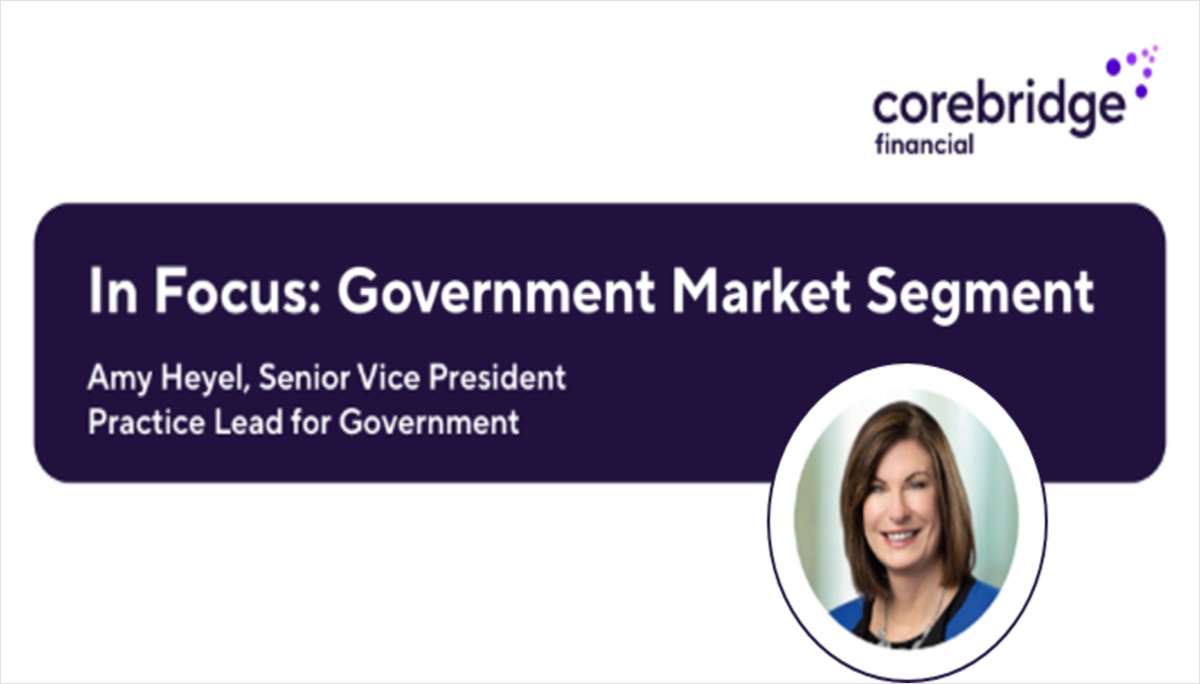Duty of Candor Can Make for Tricky Triangle
I recently had the privilege of working with two judges on different CLE programs, both dealing with the issue of candor to the tribunal. It's a sticky, tricky subject — both for the bench and the bar.
July 12, 2017 at 12:07 AM
8 minute read
I recently had the privilege of working with two judges on different CLE programs, both dealing with the issue of candor to the tribunal. It's a sticky, tricky subject — both for the bench and the bar.
The immediate thought most lawyers have when asked about the topic is citing adverse authority. That's probably because our law school professors drummed it into our heads that judges need our help to get all the law on a topic so that they can make correct decisions. For my money, that part of the rule is probably outdated.
I doubt any judge deciding any matter of any significance—in either state or federal court—needs the lawyers to do the research for him or her. Yes, the parties' briefs are a good place to start, but with the advent of computer-assisted legal research, it's pretty easy for a diligent judge to quickly test the bona fides of any argument and to figure out what the proper rule to apply is. I think the trickier stuff deals with informing the court of stuff that it is not likely to discover but which might be important to know.
This content has been archived. It is available through our partners, LexisNexis® and Bloomberg Law.
To view this content, please continue to their sites.
Not a Lexis Subscriber?
Subscribe Now
Not a Bloomberg Law Subscriber?
Subscribe Now
NOT FOR REPRINT
© 2024 ALM Global, LLC, All Rights Reserved. Request academic re-use from www.copyright.com. All other uses, submit a request to [email protected]. For more information visit Asset & Logo Licensing.
You Might Like
View All
Decisions Have 'Real-Life Consequences': Juvenile Court Judge Considered for Appellate Bench

'Don't Be Afraid to Dumb It Down': Top Fed Magistrate Judge Gives Tips on Explaining Complex Discovery Disputes

'Rapidly Closing Window': Progressive Groups Urge Senate Votes on Biden's Judicial Nominees
5 minute read
Where May Vacancies for Trump Arise? These GOP-Appointed Circuit Judges Qualify for Senior Status
Trending Stories
- 1Friday Newspaper
- 2Judge Denies Sean Combs Third Bail Bid, Citing Community Safety
- 3Republican FTC Commissioner: 'The Time for Rulemaking by the Biden-Harris FTC Is Over'
- 4NY Appellate Panel Cites Student's Disciplinary History While Sending Negligence Claim Against School District to Trial
- 5A Meta DIG and Its Nvidia Implications
Who Got The Work
Michael G. Bongiorno, Andrew Scott Dulberg and Elizabeth E. Driscoll from Wilmer Cutler Pickering Hale and Dorr have stepped in to represent Symbotic Inc., an A.I.-enabled technology platform that focuses on increasing supply chain efficiency, and other defendants in a pending shareholder derivative lawsuit. The case, filed Oct. 2 in Massachusetts District Court by the Brown Law Firm on behalf of Stephen Austen, accuses certain officers and directors of misleading investors in regard to Symbotic's potential for margin growth by failing to disclose that the company was not equipped to timely deploy its systems or manage expenses through project delays. The case, assigned to U.S. District Judge Nathaniel M. Gorton, is 1:24-cv-12522, Austen v. Cohen et al.
Who Got The Work
Edmund Polubinski and Marie Killmond of Davis Polk & Wardwell have entered appearances for data platform software development company MongoDB and other defendants in a pending shareholder derivative lawsuit. The action, filed Oct. 7 in New York Southern District Court by the Brown Law Firm, accuses the company's directors and/or officers of falsely expressing confidence in the company’s restructuring of its sales incentive plan and downplaying the severity of decreases in its upfront commitments. The case is 1:24-cv-07594, Roy v. Ittycheria et al.
Who Got The Work
Amy O. Bruchs and Kurt F. Ellison of Michael Best & Friedrich have entered appearances for Epic Systems Corp. in a pending employment discrimination lawsuit. The suit was filed Sept. 7 in Wisconsin Western District Court by Levine Eisberner LLC and Siri & Glimstad on behalf of a project manager who claims that he was wrongfully terminated after applying for a religious exemption to the defendant's COVID-19 vaccine mandate. The case, assigned to U.S. Magistrate Judge Anita Marie Boor, is 3:24-cv-00630, Secker, Nathan v. Epic Systems Corporation.
Who Got The Work
David X. Sullivan, Thomas J. Finn and Gregory A. Hall from McCarter & English have entered appearances for Sunrun Installation Services in a pending civil rights lawsuit. The complaint was filed Sept. 4 in Connecticut District Court by attorney Robert M. Berke on behalf of former employee George Edward Steins, who was arrested and charged with employing an unregistered home improvement salesperson. The complaint alleges that had Sunrun informed the Connecticut Department of Consumer Protection that the plaintiff's employment had ended in 2017 and that he no longer held Sunrun's home improvement contractor license, he would not have been hit with charges, which were dismissed in May 2024. The case, assigned to U.S. District Judge Jeffrey A. Meyer, is 3:24-cv-01423, Steins v. Sunrun, Inc. et al.
Who Got The Work
Greenberg Traurig shareholder Joshua L. Raskin has entered an appearance for boohoo.com UK Ltd. in a pending patent infringement lawsuit. The suit, filed Sept. 3 in Texas Eastern District Court by Rozier Hardt McDonough on behalf of Alto Dynamics, asserts five patents related to an online shopping platform. The case, assigned to U.S. District Judge Rodney Gilstrap, is 2:24-cv-00719, Alto Dynamics, LLC v. boohoo.com UK Limited.
Featured Firms
Law Offices of Gary Martin Hays & Associates, P.C.
(470) 294-1674
Law Offices of Mark E. Salomone
(857) 444-6468
Smith & Hassler
(713) 739-1250










